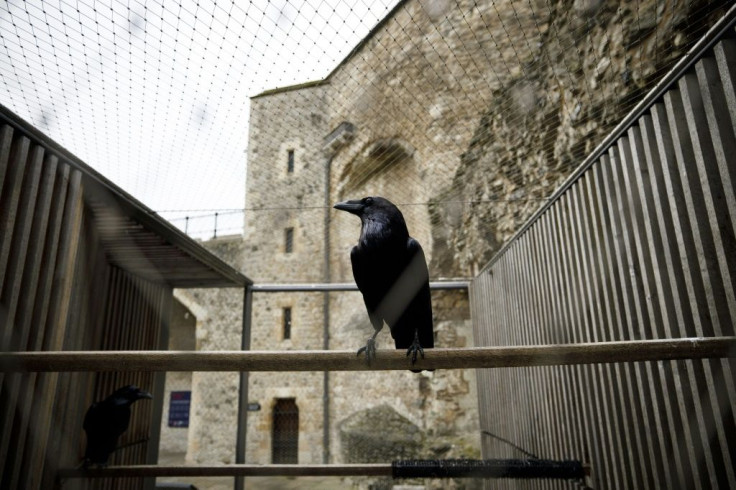Animals Play Dead For Extended Periods To Escape Their Predators, Scientists Discover
KEY POINTS
- Researchers at the University of Bristol studied death-feigning in animals
- They observed antlion larvae playing dead for over an hour to avoid being eaten by a predator
- There would be no added benefits for antlion larvae if they feign death for a longer period than they currently do, findings suggest
Animals can play dead for "long and unpredictable" periods of time in order to avoid being eaten by a predator, according to researchers.
While Charles Darwin once recorded a beetle that remained completely still for 23 minutes, researchers at the U.K.'s University of Bristol were able to observe an antlion larva feigning death for a whopping 61 minutes in a new study published in the journal Biology Letters.
A prey pretending to be dead in the presence of a predator creates a "deadly game of hide and seek," according to EurekAlert. The predator is unable to predict when its potential prey will move again and cannot afford to wait for too long when it is hungry. On the other hand, the longer the prey remains still, the more time it wastes.
In this case, the prey can get the most out of the death-feigning strategy if the predator quickly moves on to other available victims.
In their study, the scientists analyzed the advantages of the strategy when a predator visits small populations of conspicuous prey. The team, led by Professor Nigel R. Franks from the University of Bristol's School of Biological Sciences, used the marginal value theorem to see how antlion larvae's death-feigning would impact their predator.
"Imagine you are in a garden full of identical soft fruit bushes," Franks explained. "You go to the first bush. Initially collecting and consuming fruit is fast and easy, but as you strip the bush finding more fruit gets harder and harder and more time consuming."
"At some stage, you should decide to go to another bush and begin again. You are greedy and you want to eat as many fruit as quickly as possible. The marginal value theorem would tell you how long to spend at each bush given that time will also be lost moving to the next bush," he added.
When Franks and his team applied this approach on a small bird's visit to conspicuous antlion pits, they found that "antlion larvae that waste some of the predator's time, by 'playing dead' if they are dropped, change the game significantly."
"In a sense, they encourage the predator to search elsewhere," he added.
The researchers' findings suggested that there would be no added benefits for the antlion larvae if they continue to play dead for longer than they currently do. In turn, this suggests that the amount of time researchers observed for death-feigning should be the most advantageous for the prey.
Franks concluded by comparing playing dead to a "conjuring trick."
"Magicians distract an audience from seeing their sleights of hand by encouraging them to look elsewhere," he said. "Just so with the antlion larvae playing dead - the predator looks elsewhere. Playing dead seems to be a very good way to stay alive."

© Copyright IBTimes 2024. All rights reserved.





















